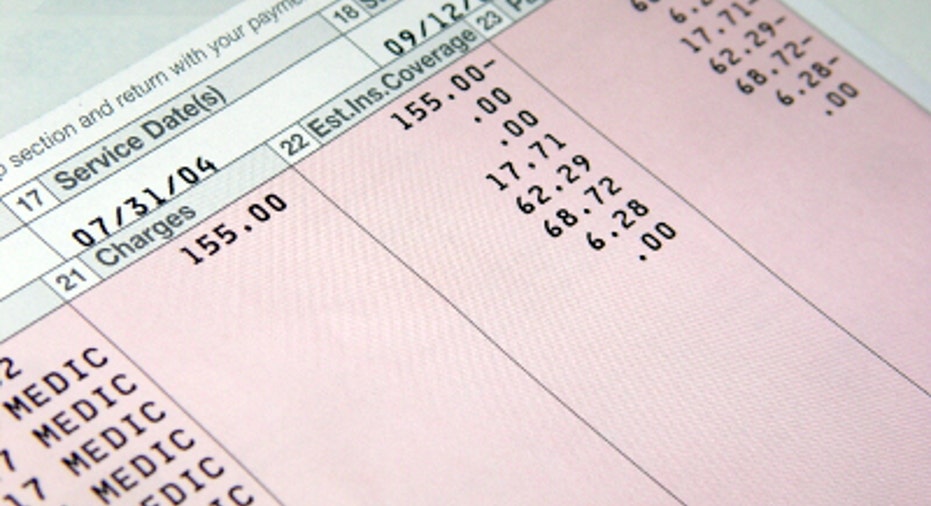What's the Best Way to Handle Old Medical Bills?

Dear Debt Adviser,
I have some medical bills that have gone unpaid for about five years. I'd like to start making payments now. But, before I do, I want to know how it'll impact my credit. The debt has not been reported on my credit history so far, and I know that debts are no longer reported after seven years. If I start making payments, will the clock reset on those seven years?
-Susie
Dear Susie,
Debts can disappear from your credit report, but I wouldn't wait to find out. My experience is that some debts tend to lurk in the shadows until the moment you are most vulnerable. Then they return.
Medical providers often don't report to credit bureaus. But those debts are still on their books, and hospital financial officers sometimes clean house by selling those records to collection companies. It's these professional collectors that will both report the debt and hound you indefinitely. Invariably, they'll call just before you need a loan or a mortgage, or you've applied for a job, and your credit report gets reviewed.
So, pay your debts. It's just a smart financial policy. Besides, you don't want to owe money to a medical provider you may need later.
About the seven-year reporting period: Your credit report won't be affected if you make a payment on your old medical bills. Negative accounts must be removed from your credit report seven years from the first date of continuous delinquency. In other words, the debt should no longer be reportable approximately two years from now.
But that's not the only time frame that should concern you. If you make a payment, it's possible that it will reset the clock on the amount of time a collector has to pursue your debt through the courts. After five years, it's likely you've already passed that deadline. But every state has a different limit, called a statute of limitations, so it's a good idea to check.
Here's what I suggest.
- Check the statute of limitations for using courts to collect debts in your state.
- Once you know where you stand relative to the statute of limitations, I recommend that you contact the medical provider and try to negotiate a settlement. If the deadline has passed for using the courts, the medical provider may be more likely to settle your debt for less than what is owed.
- If you reach an agreement, make sure to get it in writing before you make any payments.
- Keep the settlement agreement and your proof of payment just in case you are contacted by a debt collector.
Remember that once you make a payment, you will reset the clock on the statute of limitations for this debt. So be sure to get your settlement agreement in writing before you send in a payment.
Good luck!
Ask the adviser
To ask a question of the Debt Adviser, go to the "Ask the Experts" page and select "Debt" as the topic. Read more Debt Adviser columns and more stories about debt management.
Bankrate's content, including the guidance of its advice-and-expert columns and this website, is intended only to assist you with financial decisions. The content is broad in scope and does not consider your personal financial situation. Bankrate recommends that you seek the advice of advisers who are fully aware of your individual circumstances before making any final decisions or implementing any financial strategy. Please remember that your use of this website is governed by Bankrate's Terms of Use.
Copyright 2013, Bankrate Inc.



















